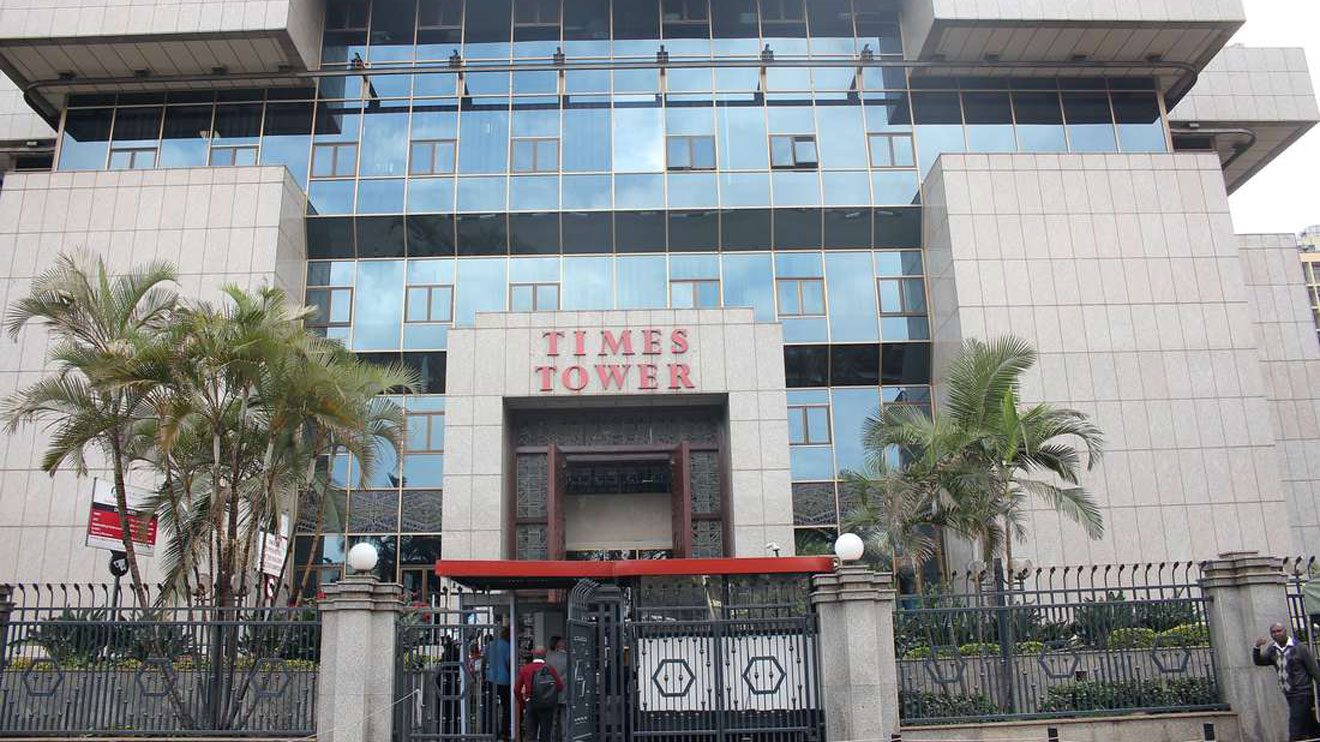The Kenya Revenue Authority (KRA) plans to switch a new real-time tax system that will integrate with cryptocurrency exchanges, allowing it to monitor crypto transactions and collect taxes.
Kenya has an estimated four million crypto users–one of the highest in Africa–which the East African nation is keen to tax as it broadens its tax base. KRA said that crypto transactions in 2022 were valued at around $18.6 billion (KES2.4 trillion), which could be higher than money handled by some commercial banks.
“The system shall integrate with cryptocurrency exchanges and marketplaces to track and record cryptocurrency transactions. It shall capture transaction details, including transaction date, time, type and value,” KRA said in a document outlining their tax collection strategies for the financial year 2024/25.
While the crypto sector is still largely unregulated by Kenyan regulators including the Capital Markets Authority (CMA) and the Central Bank of Kenya (CBK), it has gained popularity with exchanges such as Binance and Coinbase offering services.
Most crypto buyers and sellers in the country use P2P transactions, accepting payments through mobile money to avoid regulators. KRA said the agency has been unable to track and tax transactions due to an outdated system which has led to a “significant loss of revenue for the government.”
It said earnings from crypto transactions can be taxed as per section 3 of Kenya’s Income Tax Act. “The goal is to have a robust and efficient system that will enable KRA to collect taxes on cryptocurrency effectively and efficiently,” KRA said.
The crypto market, known for its wild price swings, has in recent years attracted young traders who hope for quick returns despite warnings from the CBK and CMA that the investments can be high risk. The high adoption rate has also been attributed to low transaction fees, faster sending and decent internet penetration in the country.
Chainalysis, a US blockchain analytics firm, says most Kenyans with crypto holdings buy them to preserve savings, for commercial use, like paying for goods and services, and for individual remittances to other continents, especially to Europe and the US.
“With this potential, it has become increasingly important for the KRA to develop a system to track and collect taxes on cryptocurrency transactions,” KRA said.
The legal status of crypto exchanges in Kenya is still unclear. It could make it hard for KRA to integrate its systems with the exchanges integration.
In 2023, an amendment to the Capital Markets Act was tabled in the National Assembly to allow a capital gain tax on exchanges and an excise duty on transactions. The bill is still in the National Assembly after it was approved by the finance committee.
In 2023, an amendment to the Capital Markets Act was tabled in the National Assembly to allow a capital gain tax on exchanges and an excise duty on transactions. The bill is still in the National Assembly after it was approved by the finance committee.



















